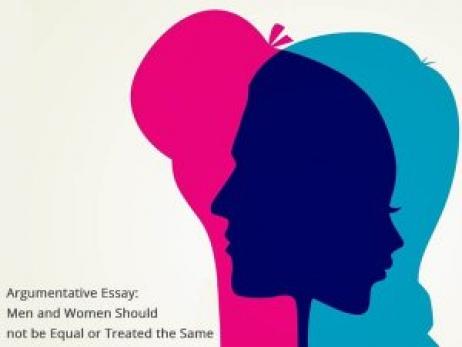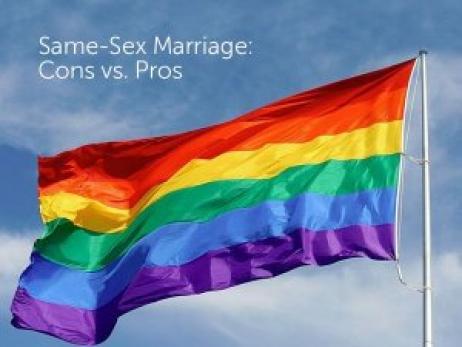4 Cool Facts about Culture Shock

Table of Contents
A world is a bog and wondrous place. It is full of unique ethnicities and fascinating cultures begging to be explored. Moreover, in the age of globalization, it is easy to look things up or find a person from a country that interests you to communicate with. Why do we experience culture shock? Below we provide the best answers possible.
A bit of History
Kalervo Oberg, a renowned scholar, was the first to identify the process that he called the culture clash. He was also the one who identified the stages of shock, starting with the honeymoon stage, when everything seems wondrous, to confrontation, adjustment, and finally reaching bicultural fluency. His ideas and research are being carefully studied by anthropologists even today.
It’s in Our Genes!
Stereotyping is one of the most effective tools ancient people had to identify and avoid danger. Distinguishing foes from friends was one of the most necessary skills one could posses. It was done on the basis of a number of markers. If those are unfamiliar to you, the feelings of discomfort and fear are not uncommon, even though the locals could be friendly and nice.
Modern People Are a lot less Susceptible to Culture Shock
While in the past many travelers had severe mental and even physical symptoms when experiencing foreign cultures, our contemporaries can get off the hook with mild anxiety. One of the reasons why this is easier is because people can prepare themselves for new countries by looking up information on the internet. It should be stressed that a great number of cultures are now in the process of assimilation. Nowadays, you can find a McDonald’s or an IKEA almost everywhere and the following fact puts many people at ease.
You Can Experience Culture Shock without ever Traveling
Of course, differences among the nations are often the greatest, but people from different classes, generations, or even racial groups within the same communities can experience cultural clashes. It is of great significance to recognize and consider those instances of conflict and try resolving them for the common good.
Cultural shock can be hard to overcome, but it should not prevent you from exploring the world and enjoying yourself.










